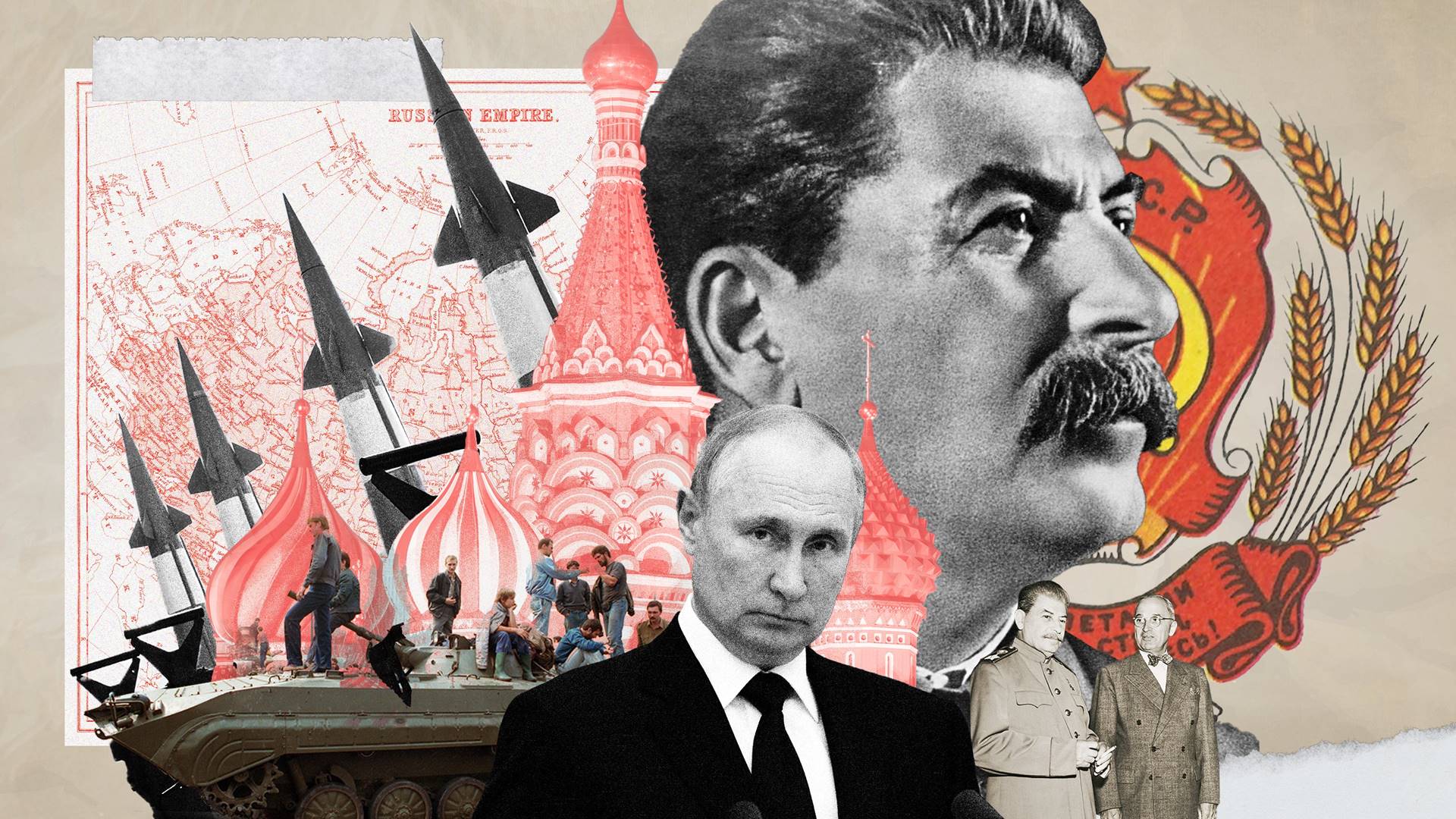Putin was paranoid, he sent political commissars to all ministries, just like in Soviet times, with a special tasks

The Kremlin has begun appointing Soviet-style political commissars to Russian ministries and state-owned companies to report to the president’s office on the ’emotional state and mood’ of employees, the Telegraph reports.
In a plan reminiscent of the paranoia of Joseph Stalin in the 1930s, these political officials must ensure that official support for Vladimir Putin in the war in Ukraine remains “on the right track.”
– The idea was born last year and now it has become especially important. Similar work has already been done, but will now be coordinated by the Kremlin’s political bloc, Russia’s Kommersant newspaper reported.
Related Articles:
- Branson: “We would not have to continue to send checks to Putin” – VIDEO!
- The ‘Terminator’ tells Vladimir Putin: Stop this senseless war
- UKRAINIAN GENOCIDE DIRECTED BY VLADIMIR PUTIN! – VIDEO!
– Through this system, employees at all levels will be explained their goals and national policy and, at the right time, ‘signals’ will be sent to the Kremlin, writes Kommersant.
The commissioners, who will serve as deputy ministers in state ministries, will report directly to the Kremlin’s presidential administration.
Officially, the so-called ‘special military operation’ is widely supported by the Russian government, but the Kremlin is still concerned about disobedience in state institutions.
Open criticism of the war, which Putin said was necessary to defeat the “Nazis”, is forbidden, and it is not allowed to talk about the victims.
The Kremlin has sharpened its propaganda messages in Russia, displaying the letter ‘Z’ on pro-war posters and T-shirts and broadcasting support for the invasion on state television.
But with the new plan, which would represent a significant escalation of Russian state control, parallels can be drawn with Stalin’s use of a network of informants and political commissars in military structures and ministries aimed at attracting people to his side and informing them of dissidents.
Kommersant quoted three people working in the Russian presidential administration, who said the idea of oversight was put forward at a meeting last year after ‘loyalty problems’ were identified and that the war had increased the urgency to implement the plan.
The newspaper also quoted a source in the civil service who explained how the plan is being introduced.
– Each division has appointed a person responsible for informing employees about the activities in support of the Russian army, and for that purpose, various visual contents have been installed, said the source.
This is not the only such move being made in Russia – textbook publishers have reportedly been told to delete all references to Ukraine, and Kremlin officials are increasingly saying they want to delete Ukraine from the map.
– You can mention how we saved Kyiv, but it is no longer possible to talk about any independence of Ukraine as a state, said one publisher for the pro-opposition website zona. media, which is edited outside Russia.
Another source said his company had to rewrite 15 percent of textbook content due to an order to delete references to Ukraine.
– We were given the task to make it as if Ukraine simply does not exist. It is much worse when the textbook simply does not mention the country, he concluded.
Napomena o autorskim pravima: Dozvoljeno preuzimanje sadržaja isključivo uz navođenje linka prema stranici našeg portala sa koje je sadržaj preuzet. Stavovi izraženi u ovom tekstu autorovi su i ne odražavaju nužno uredničku politiku The Balkantimes Press.
Copyright Notice: It is allowed to download the content only by providing a link to the page of our portal from which the content was downloaded. The views expressed in this text are those of the authors and do not necessarily reflect the editorial policies of The Balkantimes Press.
